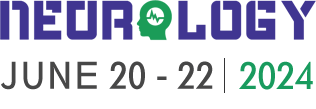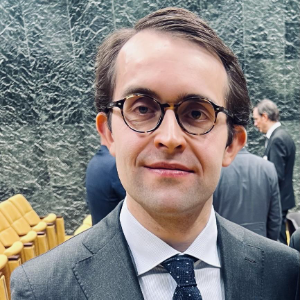Title : Advancing alzheimer's care: Exploring the progress of non-invasive neuromodulation from rtms to temporal interference stimulation.
Abstract:
Non-invasive brain stimulation techniques hold promise for addressing the cognitive decline associated with Alzheimer's disease (AD). Recent research did reveal significant immediate cognition-enhancing effects of both rTMS and tDCS in AD, with rTMS also showing beneficial long-term effects. More precisely, findings suggest the NEURO-AD system (multisite stimulation) and high-frequency rTMS over the left dorsolateral prefrontal cortex (DLPFC) as probably effective protocols, and anodal tDCS over the left DLPFC as possibly effective. Additionally, targeting the default mode network with rTMS, particularly the precuneus, has demonstrated efficacy in slowing cognitive and functional decline in AD. A 24-week precuneus rTMS trial revealed stable performance in the Clinical Dementia Rating Scale-Sum of Boxes, improved secondary outcomes, and enhanced local gamma oscillations, suggesting a promising therapeutic approach. Moreover, recent research highlights the potential of transcranial pulse stimulation (TPS), a new ultrasound based technique in AD treatment, showing improvements in cognitive performance and depressive symptoms, along with increased functional connectivity and cortical activity in key brain regions. Finally, temporal interference stimulation (TI) offers a non-invasive deep brain stimulation strategy, showing potential to steerably modulate hippocampal activity and enhance episodic memory accuracy in healthy individuals. Given its direct stimulation of the hippocampus, TI may hold particular interest for AD treatment. In conclusion, non-invasive neuromodulation techniques present promising avenues for addressing cognitive decline in AD, with rTMS, tDCS, TPS, and TI showing potential for enhancing cognitive functioning. These findings underscore the importance of further research and clinical exploration in leveraging non-invasive brain stimulation for AD intervention.



